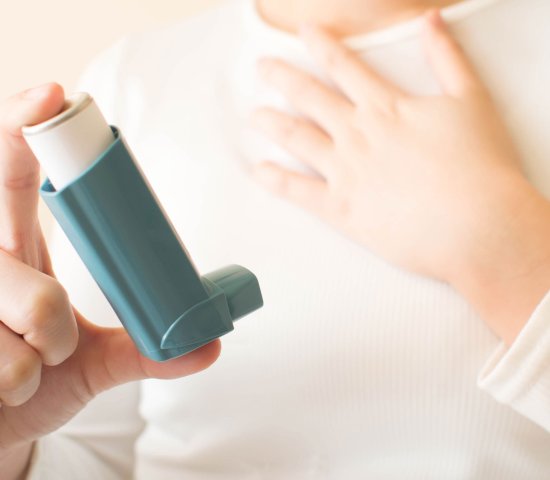
What is Coronavirus (COVID-19)?
- COVID-19 is a new strain of viruses that was discovered in 2019 that range from the common cold to more severe disease.
- The World Health Organization (WHO) advises common signs of infection include respiratory symptoms, fever, cough, shortness of breath and breathing difficulties. In more severe cases, infection can cause pneumonia, severe acute respiratory syndrome, kidney failure and even death.
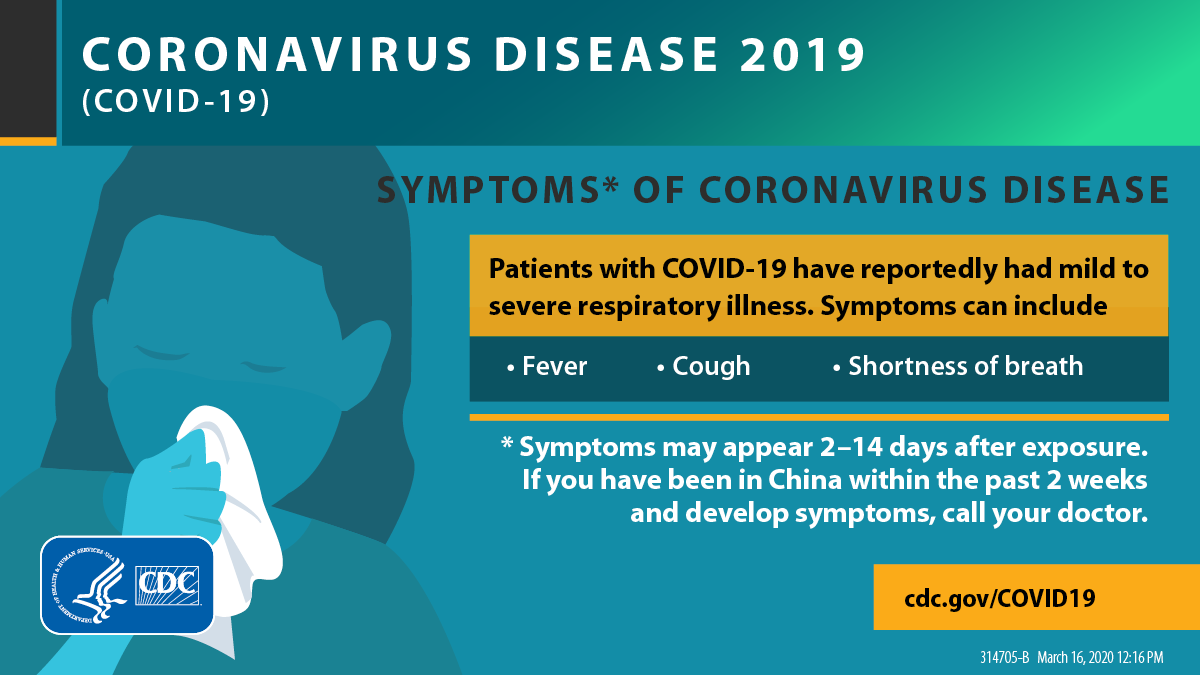
Who is Impacted by COVID-19?
People of all ages can be infected by COVID-19. However, certain people appear to be more vulnerable to becoming severely ill with the virus including:
- Older people
- People with pre-existing medical conditions
- Asthma
- Diabetes
- Heart Disease
Recent Studies Pertaining to Those with Asthma
Based on currently available information and clinical expertise, people of any age who have serious underlying conditions might be at higher risk for severe illness from COVID-19, including people with moderate to severe asthma. COVID-19 can affect the respiratory tract (nose, throat, lungs), cause an asthma attack, and possibly lead to pneumonia and acute respiratory disease. Morbidity and Mortality Weekly Report (MMWR) presented four recent data reports on COVID-19 patients with asthma:
- Preliminary Estimates of the Prevalence of Selected Underlying Health Conditions Among Patients with Coronavirus Disease 2019 — United States, February 12–March 28, 2020. MMWR Morb Mortal Wkly Rep 2020;69:382–386. 3 April 2020.
- Coronavirus Disease 2019 in Children — United States, February 12–April 2, 2020. MMWR Morb Mortal Wkly Rep. ePub: 6 April 2020.
- Scherer AM, Gedlinske AM, Parker AM, et al. Acceptability of Adolescent COVID-19 Vaccination Among Adolescents and Parents of Adolescents — United States, April 15–23, 2021. MMWR Morb Mortal Wkly Rep 2021;70:997–1003.
- Garg S, Kim L, Whitaker M, et al. Hospitalization Rates and Characteristics of Patients Hospitalized with Laboratory-Confirmed Coronavirus Disease 2019 — COVID-NET, 14 States, March 1–30, 2020. MMWR Morb Mortal Wkly Rep. ePub: 8 April 2020.
- Kim C, McGee S, Khuntia S, et al. Characteristics of COVID-19 Cases and Outbreaks at Child Care Facilities — District of Columbia, July–December 2020. MMWR Morb Mortal Wkly Rep 2021;70:744–748. DOI:
- Gold JA, Wong KK, Szablewski CM, et al. Characteristics and Clinical Outcomes of Adult Patients Hospitalized with COVID-19 — Georgia, March 2020. MMWR Morb Mortal Wkly Rep. ePub: 29 April 2020.
WHO advises people of all ages take steps to protect themselves from the virus.
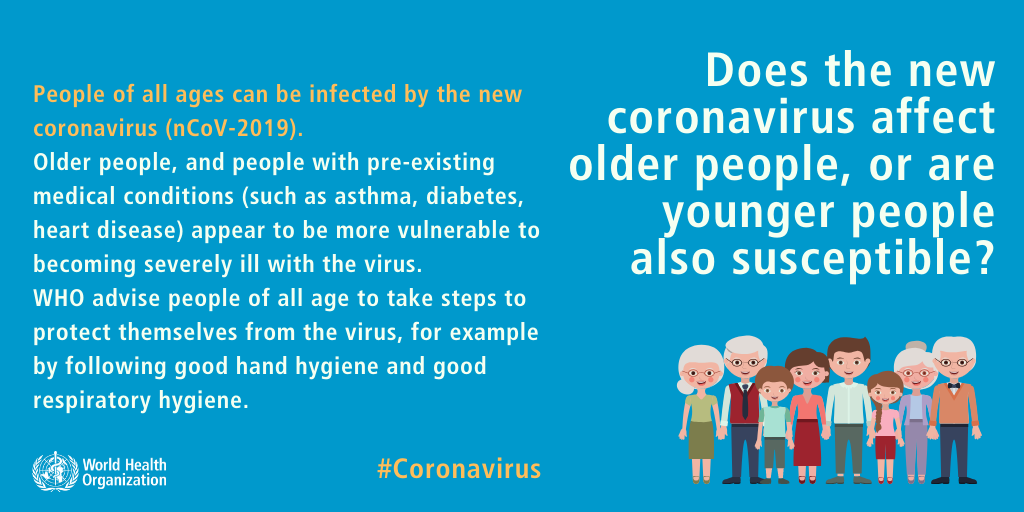
Best Asthma Self-Management Practices
- Take your asthma medication exactly as prescribed. Talk to your healthcare provider, insurer, and pharmacist about creating an emergency supply of prescription medications, such as asthma inhalers. Make sure that you have 30 days of non-prescription medications and supplies on hand too in case you need to stay home for a long time.
- Make sure that you have 30 days of non-prescription medications and supplies on hand too in case you need to stay home for a long time
- Talk to your healthcare, provider, insurer, and pharmacist about creating an emergency supply of prescription medications, such as asthma inhalers
- Practice good inhaler use
- Avoid asthma triggers
- Utilize resources and strategies in the EXHALE technical package
- Practice social distancing and stay at home as much as possible to avoid exposure
- Clean and disinfect frequently touched surfaces like tables, doorknobs, light switches, countertops, handles, desks, phones, keyboards, toilets, faucets, and sinks daily to protect yourself against COVID-19. Avoid disinfectants that can cause an asthma attack
- As more cases of COVID-19 are discovered and our communities take action to combat the spread of disease, it is natural for some people to feel concerned or stressed. Strong emotions can trigger an asthma attack. Take steps to help yourself cope with stress and anxiety
How to Protect Yourself
- Become Vaccinated: COVID-19 Vaccines for Moderately to Severely Immunocompromised People
- Practice social distancing, also called “physical distancing,” by keeping space between yourself and other people outside of your home
- Stay at least 6 feet (about 2 arms' length) from other people.
- Do not gather in groups
- Stay out of crowded places and avoid mass gatherings
- Practice frequent handwashing
- Wash your hands often with soap and warm water for at least 20 seconds.
- Use tissues to wipe your nose or catch a sneeze, and then put them in the trash right away.
- Remember to wash your hands!
- Don't touch your face (Hands off eyes, nose or mouth)
- Use a mask to help slow the spread of COVID-19
- Clean and disinfect frequently touched surfaces like:
- Tables, doorknobs, light switches, countertops, handles, desks, phones, keyboards, toilets, faucets, and sinks daily to protect yourself against COVID-19.
- Avoid disinfectants that can trigger an asthma attack.
- Avoid disinfectants that can trigger an asthma attack.
- Tables, doorknobs, light switches, countertops, handles, desks, phones, keyboards, toilets, faucets, and sinks daily to protect yourself against COVID-19.
CDC Resources for Schools and Childcare Services
As summer comes to an end, many schools are beginning to head back to in-person classes. Here are some guidelines to help keep schools and children COVID-19 free.
- Information on operating schools during COVID-19
- Information for Administrators, Teachers and Parents, K-12 Schools and Childcare Programs
- CDC Science Brief: Transmission of SARS-CoV-2 in K-12 schools
- Vaccine Information for School Staff
Safe Re-entry for Workplaces
Workplaces are beginning to open doors back up for employees. Below are some strategies to achieve safe re-entry and resources for employees going back into the office.
Covid-19 Vaccine Resources
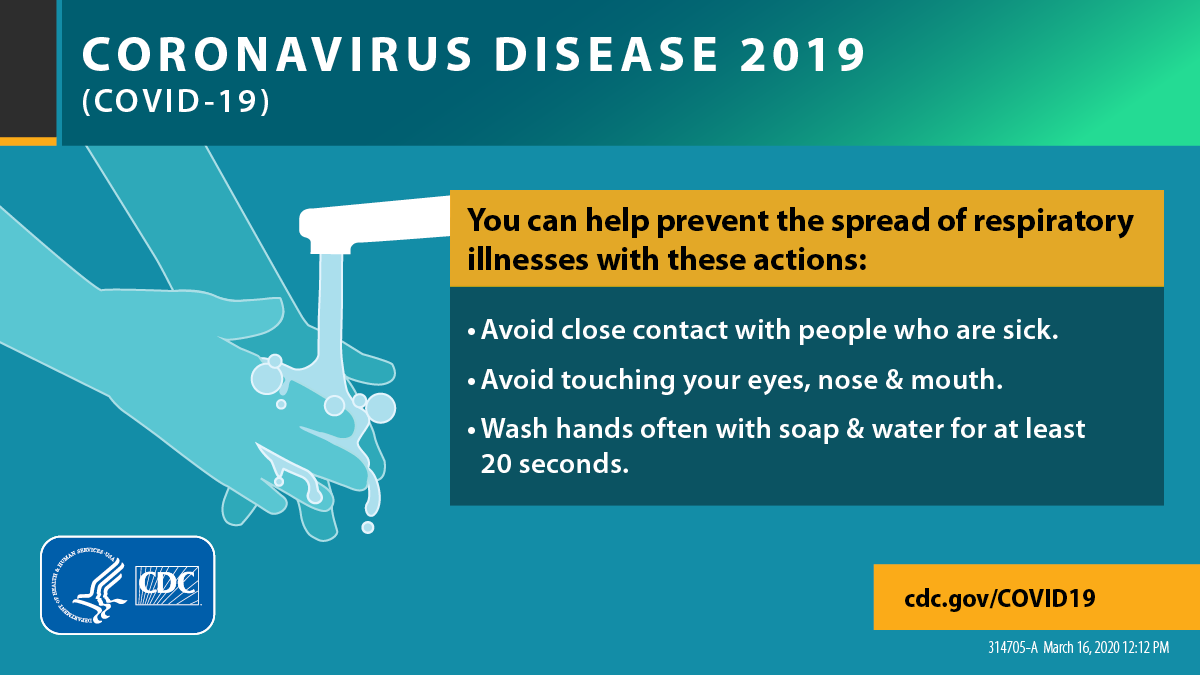
Using Disinfectants
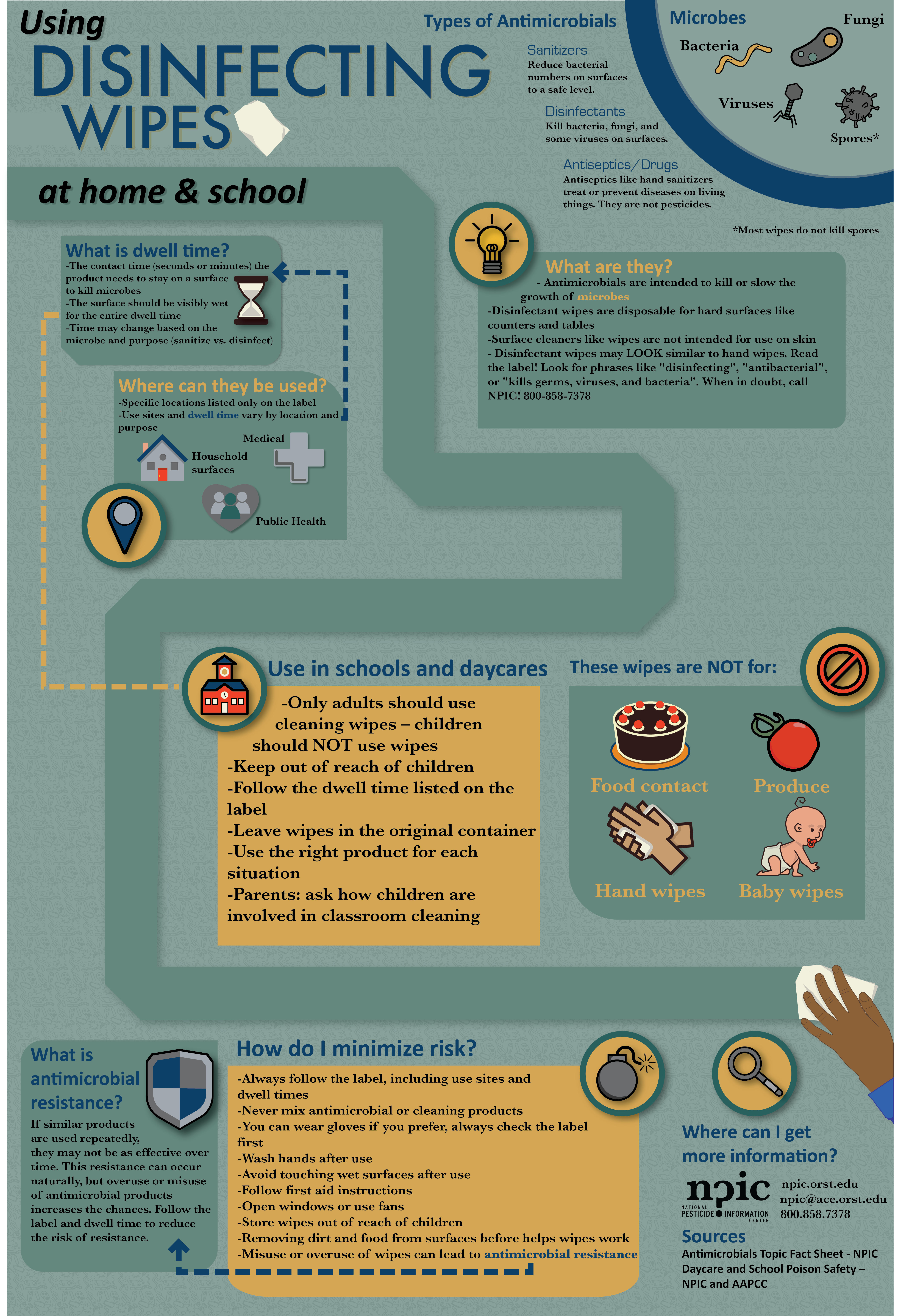
Additional Information
The EPA has put together a list of disinfectants to use against COVID-19.
The American Association of Poison Control Centers released a guide on the use of disinfectants.